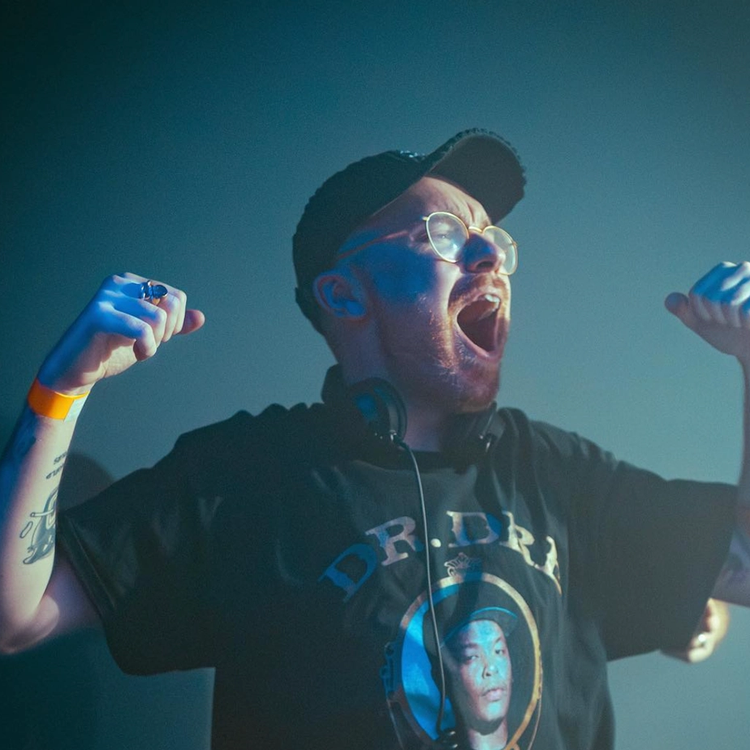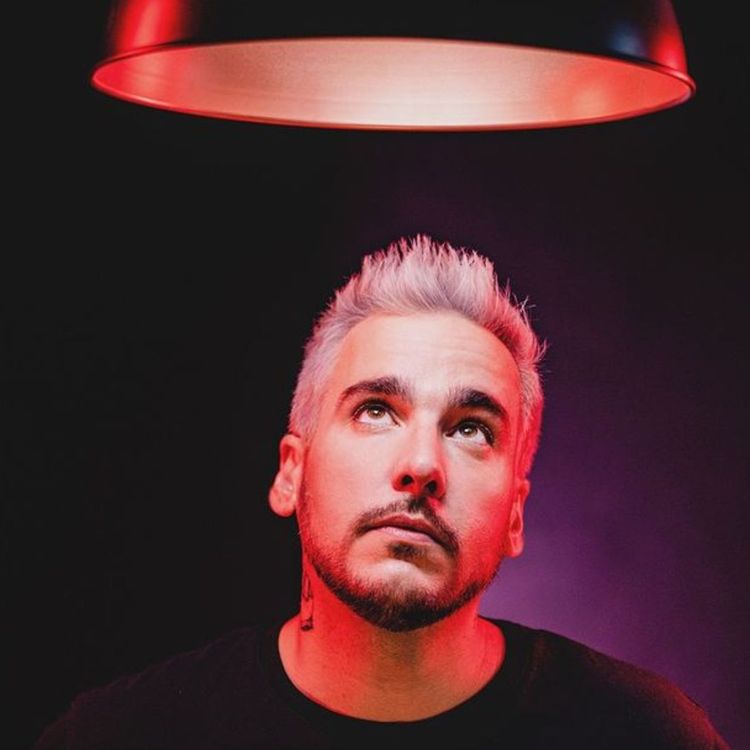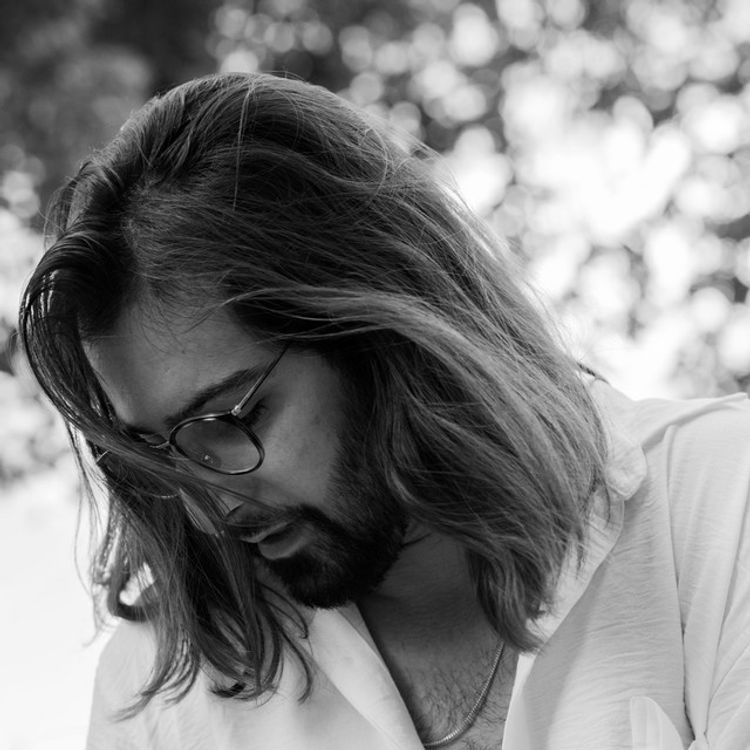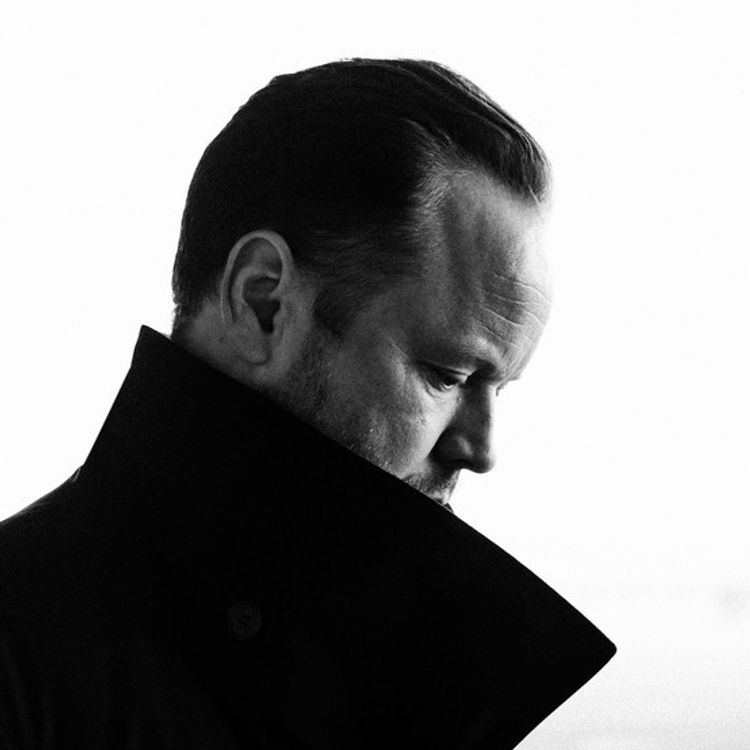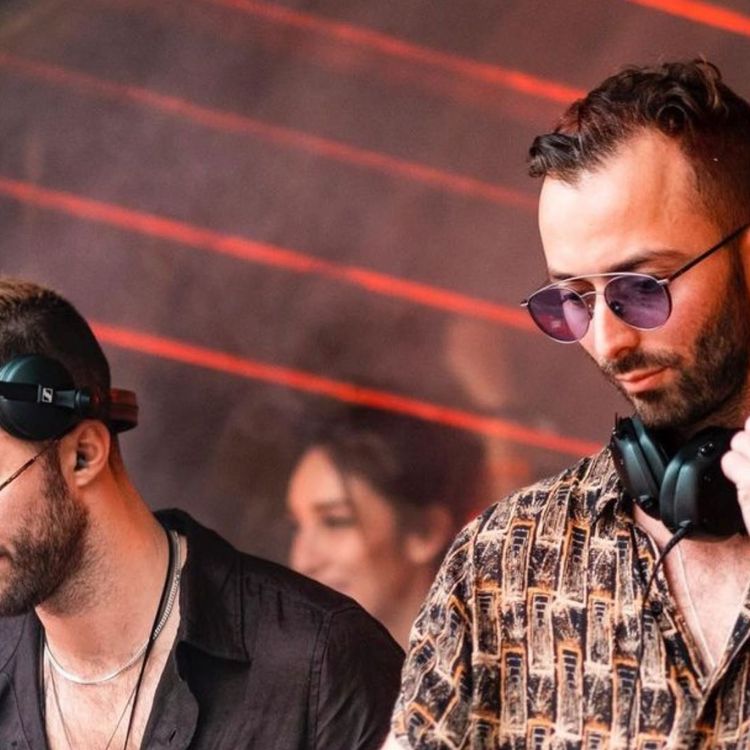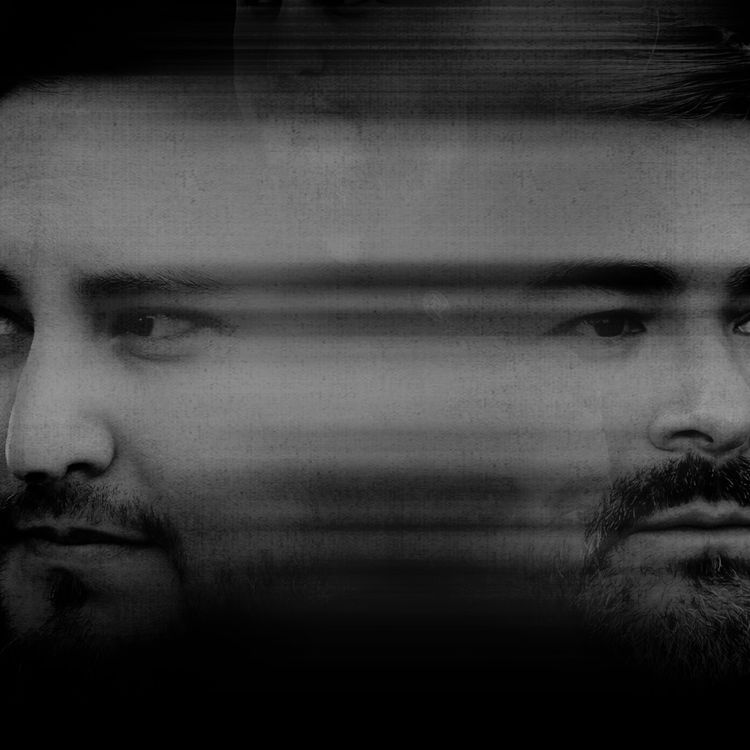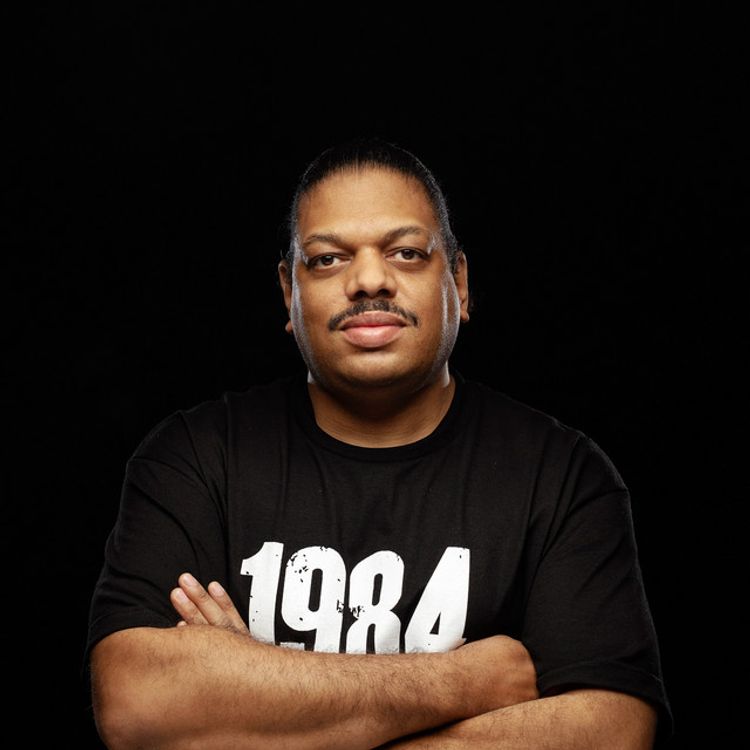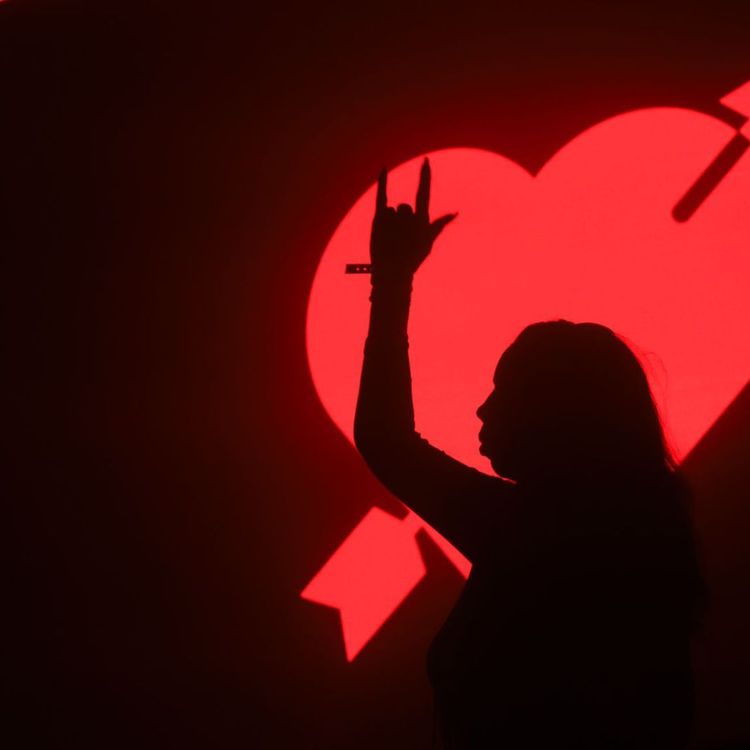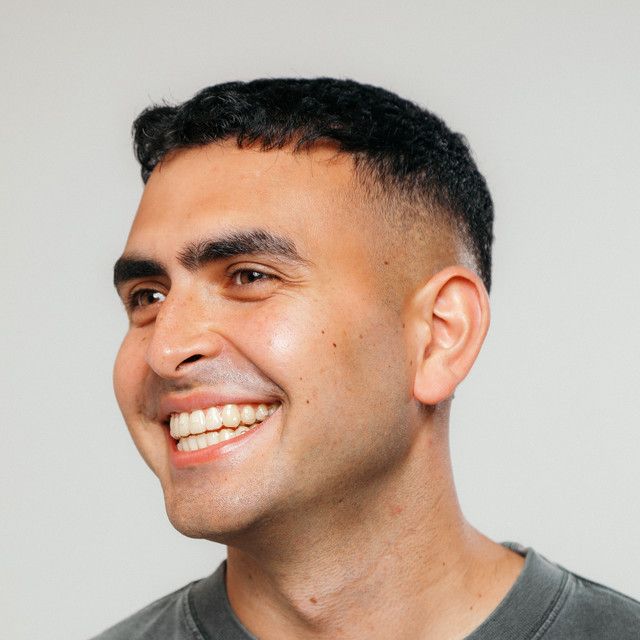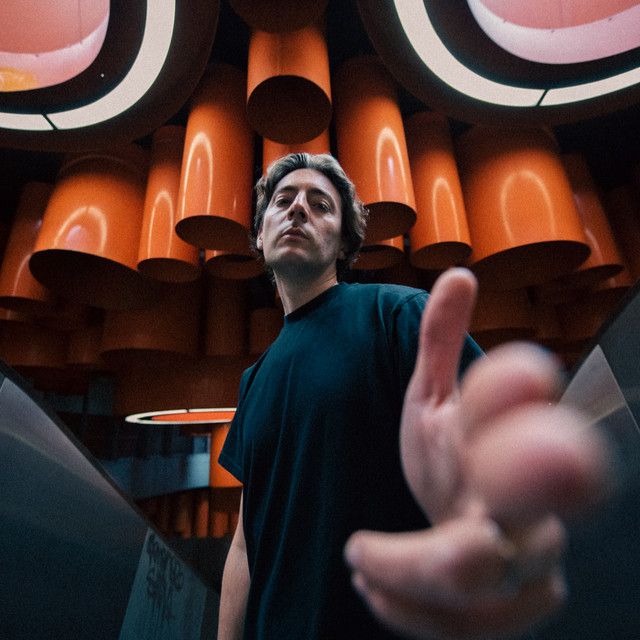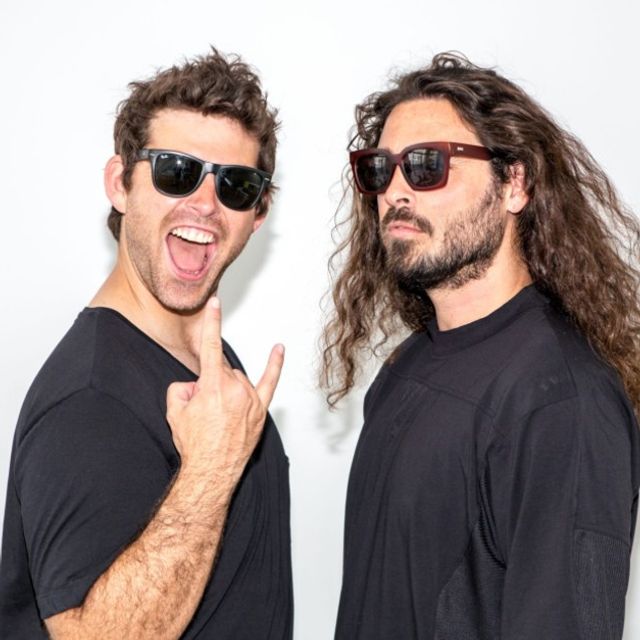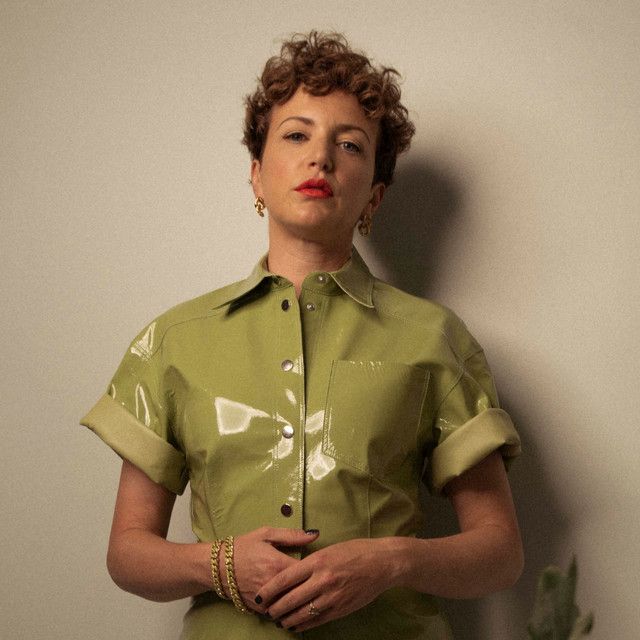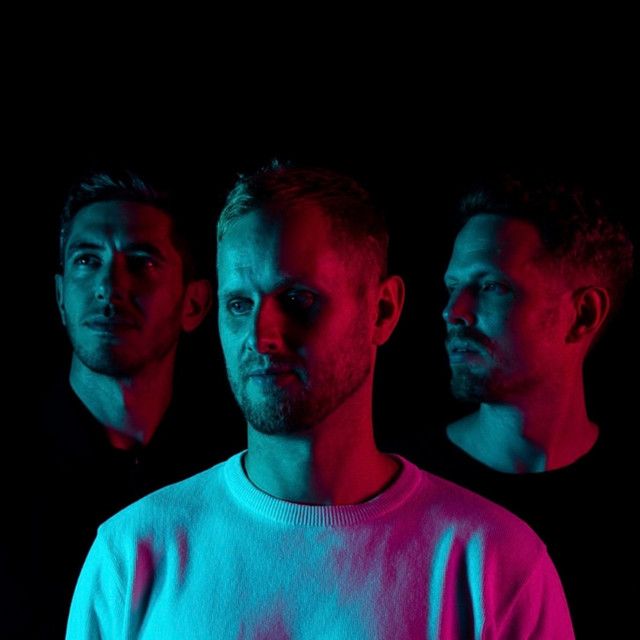Artist Spotlight
With tracks that stimulate the senses and excite the imagination, Fabio Giannelli and Alessandro Gasperini – aka Glowal – have earned the respect of electronic music fans from every nation. The Italian duo's melodic techno and deep house tracks bless the catalogs of taste-making labels like Sapiens Recordings, Afterlife, Diynamic Music, Innervisions, and many more.
Giannelli and Gasperini grew up on opposite ends of the Italian peninsula. From the age of 12-19, Giannelli lived in the southern city of Brindisi in Puglia.
"The scene was not very prolific back then," he explains, "but there were some very good parties thrown 40km from my hometown at Torre Regina Giovanna and Mediterraneo." Giannelli would head to these spots every weekend to listen to local and international artists.
Gasperini hails from the Tuscan city of Pisa, a region steeped in the rich history of the Italian electronic music scene. According to Gasperini, "Tuscany has been the home of some of the first clubs and some of the first Italian legends, such as Insomnia Discoacropoli D'Italia, Jaiss, Tenax, Imperiale, Duplè, and Kama Kama."
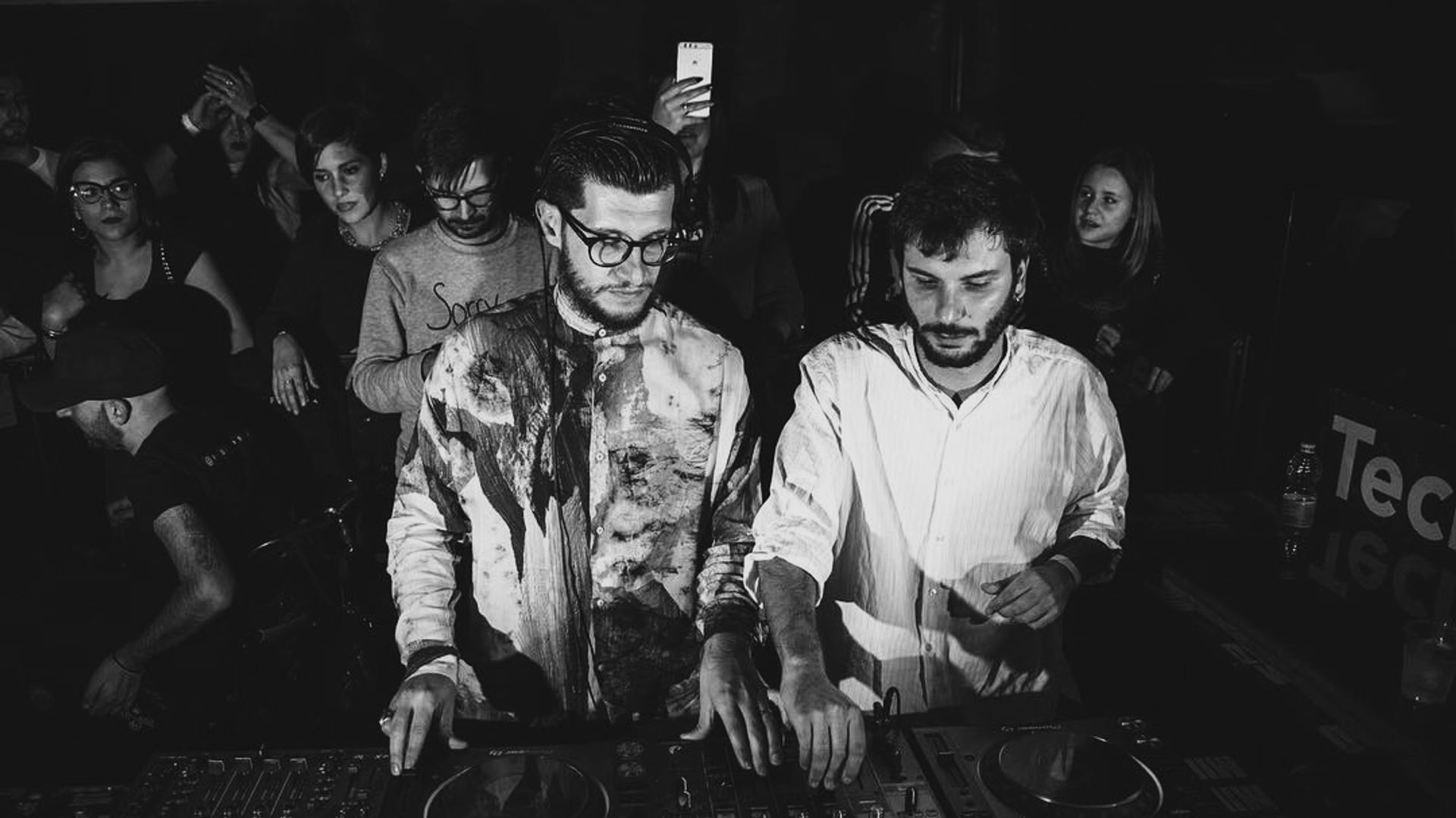
His first club nights were disco events on big occasions like Halloween and NYE in the mid to late 00s. He managed to get in, despite his young age, thanks to his brother, an events promoter at the time.
"I was madly in love with that new world," Gasperini tells us. "The progressive house influence of the 1990s and 2000s was very important for my dedication to the world of DJing."
Giannelli's first live music experience came when he was seven years old, listening to his brother DJ at a small beach party near his hometown. "This was also the moment when I fell in love with parties and DJing." Later on, Giannelli moved to the more cosmopolitan cities of Milan, Rimini, and Barcelona, allowing him to experience the breadth of club culture.
Both artists began playing instruments from a young age. For Giannelli, this was "a little bit of piano and guitar that was self-taught. I also tried a bit of drums at one point when I was very young, but pretty soon I fell in love with sequencers and VSTs and understood that it was my way of expression."
The purity of acoustic music is a side to Giannelli that stays with him. Similarly, Gasperini "played the piano for a few years around the age of 10." But after moving away from home, he realized that, sadly, he could no longer attend his lessons.
It wasn't long before the artists gravitated towards producing dance music. Gasperini's first production, "Rain," which came out in 2013, was a joint project written with his former partner, Andrea Scaglini. Released on Fahrenheit in 2013 by Mario Più, dropping it was a "very satisfying experience, [but] the best part was definitely seeing it work on the dancefloor."
Giannelli's first production came about in 2005 when he was just 19 years old. "The track name was "Tweak." I made it with a laptop and two normal computer speakers." Despite his limited audio equipment at the time, his creative flair was recognized two years later by Italian DJs Paolo Martini and Gianni Bini, who released the track on their label, Ocean Dark. "I was very surprised by the support it got, being played by some influential DJs and being included in some important compilations at the time."
Telling your family that you'd like to pursue a career as a full-time musician is something that's often met with expressions of concern. Giannelli's experience was no exception. When he first broke the news to them, they didn't react very well at first. "I'd also decided to leave home alone very young to pursue 'the dream'. But very soon they understood that this had to be my way of life; [they realized that] this was the only way for me to be really happy, and they supported my choices."
Gasperini's family has always supported—sometimes doubtfully— his choices. "They always wanted me to have a plan B... and I understood their concern. I was afraid that if I focused on other things, then I wouldn't get the same results with music, or rather, it would be more difficult to get the same results." Nevertheless, he's happy that he ended up taking the plunge and that his family is now more curious than worried about where music will take him.
Glowal came together gradually. Giannelli experienced a difficult period in his life at the end of 2015 due to some bad personal situations and choices he was faced with.
"I was losing all of my focus. Meanwhile, I had started another job. I was still making music, but I was stuck in this negative circle." Giannelli and Gasperini got in contact in 2016 to schedule the release, on Giannelli's label, of an EP that Gasperini had produced alongside Andrea Scaglini. Gasperini was also organizing events and invited Giannelli to play near his hometown.
After Gasperini and Scaglini went their separate ways, Gasperini released music as a solo artist for almost a year. "During this time," Giannelli recalls, "we regularly kept in touch... At some point [Gasperini] told me: 'You shouldn't even think about leaving the music career, because you are born for it. Why don't we join forces?'" Following his gut instinct, Giannelli immediately said yes without giving the question too much thought.

Giannelli felt that he needed to start from zero with something fresh, and Gasperini was the right person to do it with.
"We started talking deeply, exchanging ideas, making music, and working on all different aspects of the new project. Everything started like this, really naturally." Their first live performance together was entirely improvised, yet the flow that bound the pair together soon revealed a strong connection between them.
Even with some perspective, it's difficult for Glowal to pinpoint their single most significant achievement. So instead, Gasperini points to several joyous moments in their short history.
"Production-wise, some of our biggest moments include the release of 'Cries' on Innervisions, which really introduced Glowal to the scene. The collaboration we did with Adana Twins for 'My Computer' via Diynamic music. And 'Roda' with Simon Batten on Sapiens, Agoria's Label, which is where we've also decided to release our first album coming up in 2022."
He also mentions their many collaborations with the Afterlife brand and the launch of their label, Sementa. The pair has a lot to be thankful for and a massive network of industry supporters.
READ THIS NEXT: Gray Area Spotlight: SOEL
When asked about the origins of Sementa, Giannelli tells us, "We were thinking about setting up our own playground since day one." The pandemic gave the pair enough time to think deeply about it and finally took action.
"Basically, it was conceived to be a platform of free expression. At the moment, we've mostly released our music, but we are open to other artists as well." The duo intends to allow the label to grow organically without dealing with the pressure to release every month.
In the few years since their conception, Glowal has performed in some incredible venues across the globe. When quizzed on which has been their favorite so far, they respond that it's tricky to narrow it down. Gasperini explains, "Every place has its characteristic. Sometimes, it's the big place that's good because it's got that 'bang.' Sometimes, it's the more intimate atmosphere that makes it special." Ultimately, the pair love playing and partying everywhere.
The Italian house and techno scene is massive, with game-changing artists like Tale Of Us, Agents of Time, Ivory, Armonica, and many more. Gasperini and Giannelli agree that the country's top clubbing destinations can be found in Milan, Rome, Turin, but also Puglia and Tuscany. "For our sound, there are nice spots in those places. [But] Techno, the punchier kind, is popular everywhere in Italy."
When working on new material, Glowal never construct a track around a predetermined formula. Instead, Giannelli explains, "It depends on our state of mind in the moment while writing, and about what touches the soul in that precise moment." As a result, their music can be socially-driven, as with "AI Talk," a track that reflects the climate change crisis.
Giannelli says their music also communicates the pain of struggle, spurred by the desire to trigger your senses.
"Honestly, sometimes I feel so much pressure from seeing what's happening around me that I need to let it out somehow, and writing is a good way to share thoughts and translate them into music."

